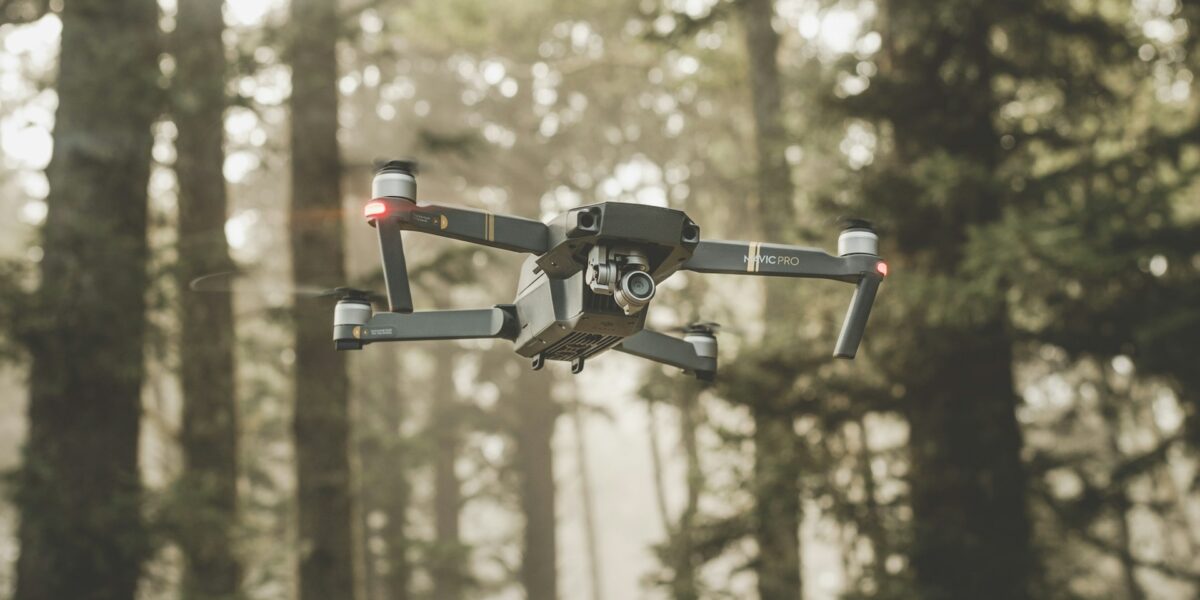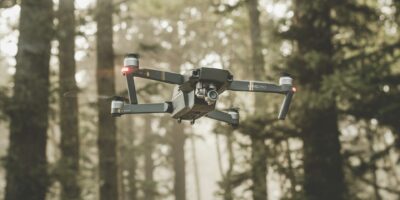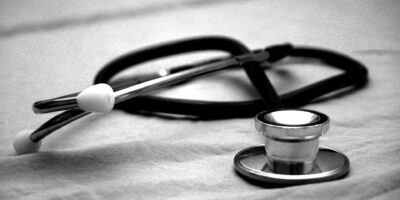Pocket Screws — The Joint That Changed How I Build
Woodworking joinery has gotten overwhelming with all the techniques and opinions flying around. As someone who resisted pocket screws for years (I was a “real joinery only” snob, I’ll admit it), I learned everything there is to know about pocket hole joints once I finally gave them a fair shot. Today, I will share it all with you.
The concept is dead simple: drill an angled hole into one piece of wood, drive a screw through it into the adjoining piece, and you’ve got a strong, hidden joint. No complicated layout, no waiting for glue to cure, no advanced skills required. There’s a reason pocket screws have taken over home shops and professional cabinet builds alike.
A Little History

Pocket hole joinery has been around longer than most people realize, but it really blew up in the late 20th century when Kreg came along with their jig systems. Before that, drilling consistent angled holes was fiddly and unreliable. The modern jigs turned it into something anyone could do well on the first try. And the quality of the joints? Way better than I expected when I finally caved and bought my first Kreg jig.
Why Pocket Screws Work So Well
Here’s what won me over. Pocket screws pull the two pieces of wood tight together as you drive them in. That angle does the work — it’s not just holding the pieces in place, it’s actively clamping them. You don’t need a bunch of clamps or a complicated glue-up process. Drill, drive, done.
For beginners especially, this is a game-changer. You don’t need years of practice to cut dovetails or mortise-and-tenon joints. Pocket screws let you build real furniture on your first day with a jig. And the joints are legitimately strong — strong enough for tables, chairs, cabinets, bed frames, you name it.
Where I Use Them Most
- Furniture Assembly: Pocket screws are frequently used in furniture construction. The joints are strong enough to support weight, making them suitable for tables, chairs, and cabinets. I’ve built several kitchen tables this way that have held up for years.
- Trim and Molding: These screws help attach trim and molding discreetly. The angled design allows for smooth, flush finishes without visible fasteners.
- Repair Work: Repairing damaged furniture or structures is simplified with pocket screws, often allowing for invisible reinforcements. I’ve saved a few wobbly chairs this way.
- Frame Construction: Frames for projects like bed frames, picture frames, or door frames often utilize pocket screws for their strength and speed.
Tools and How to Actually Do It
Probably should have led with this section, honestly. You need a jig — that’s non-negotiable. The jig guides your drill bit at the right angle and depth. Most decent jigs are adjustable for different wood thicknesses, which matters more than you’d think.
Your basic setup includes the jig, a clamp to hold it to the workpiece, a stepped drill bit with a stop collar, and the pocket screws themselves. Clamp the jig to your board, drill the pocket hole using the stop collar to control depth (overdrill and you weaken the joint), then drive the screw through the hole into the mating piece. That’s really it.
The whole process takes maybe 30 seconds per joint once you get the rhythm down. Compare that to cutting and fitting a mortise-and-tenon, and you’ll see why pocket screws are so popular for production work.
Picking the Right Screws
Not just any screw works here. Pocket screws have smaller heads designed to sit inside the pocket hole without splitting the wood. Thread type matters too:
- Coarse-thread: Best for softer woods like pine or plywood. The wider threads grip the softer fibers better.
- Fine-thread: Ideal for harder woods such as oak or maple. Fine threads cut into dense grain without cracking it.
Length is the other big variable. The screw needs to penetrate the second piece enough to hold, but not so much that it pokes through the other side. I’ve made that mistake exactly once — a screw tip sticking out of a tabletop is not a good look. Measure the combined thickness of your pieces and choose accordingly.
Quick Reference Points
- Wood Thickness: Adjust the jig and bit for the specific thickness of the wood being joined.
- Screw Length: Choose a screw that is proportional to the combined thickness of the two pieces.
- Material Type: Match screw threads to wood type (coarse for softwoods, fine for hardwoods).
- Angle Accuracy: The jig ensures an accurate drill angle, essential for strong joints.
Mistakes I’ve Made (So You Don’t Have To)
Misaligning the jig is the classic beginner error. If the jig shifts during drilling, the hole comes out at the wrong angle and the joint won’t pull tight. Double-check that your clamp is snug before you start drilling. Takes two seconds and saves a lot of headaches.
Wrong screw length is another one. Too long and you blow through the face of your workpiece. Too short and the joint’s weak. When in doubt, test on scrap first — scrap wood exists for exactly this reason.
Over-tightening is sneaky because it feels like you’re making a stronger joint, but you’re actually stripping the wood or cracking it. Use a drill with adjustable torque settings and back off a bit, especially on softwoods. Pine forgives a lot of mistakes, but over-tightening isn’t one of them.
Tips for Getting Better Results
That’s what makes pocket screw joinery endearing to us woodworkers — the basics are easy, but there’s room to get really good at it.
Practice on scrap before committing to your project pieces. It takes maybe five minutes and you’ll dial in your settings perfectly. For larger projects, use a variable-speed drill so you can control the depth and angle more precisely. And if the visible pocket holes bother you (they bother some people), wood plugs or filler sticks cover them up nicely. Kreg makes color-matched plugs for common wood species, which is a thoughtful touch.
One more thing — hook up dust collection when you’re drilling pocket holes. The drill throws a surprising amount of chips and sawdust, and keeping the work area clean means you can see what you’re doing. Also, check your drill bit sharpness regularly. A dull bit tears the wood instead of cutting it, and torn pocket holes make for sloppy joints.
Where Things Are Headed
Pocket hole jigs keep getting better. There are electric and automated versions now that take even more guesswork out of the process. Some of the newer systems let you save custom settings for different materials, which is nice when you’re bouncing between plywood and hardwood in the same project.
There’s also a growing interest in using pocket screws with materials beyond wood — composites, engineered lumber, that sort of thing. The screw designs are evolving to handle these newer materials, and I expect that trend to continue.
But at its core, pocket screw joinery is still about the same thing it always was: getting strong, clean joints quickly and reliably. The fundamentals haven’t changed, even as the tools get fancier. And that’s why I don’t see pocket screws going anywhere anytime soon.
Recommended Woodworking Tools
HURRICANE 4-Piece Wood Chisel Set – $13.99
CR-V steel beveled edge blades for precision carving.
GREBSTK 4-Piece Wood Chisel Set – $13.98
Sharp bevel edge bench chisels for woodworking.
As an Amazon Associate, we earn from qualifying purchases.


